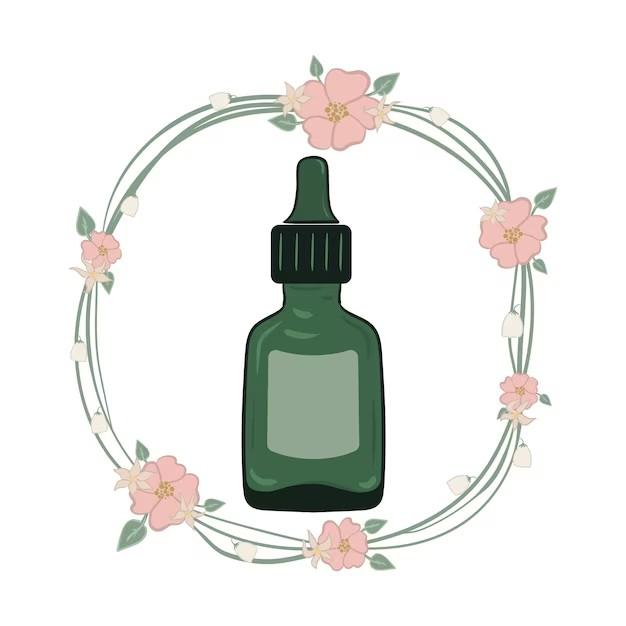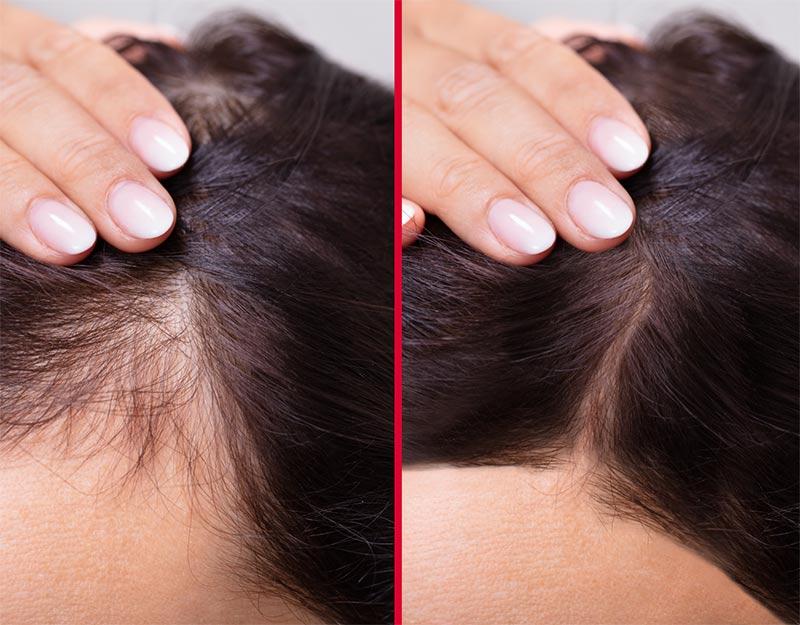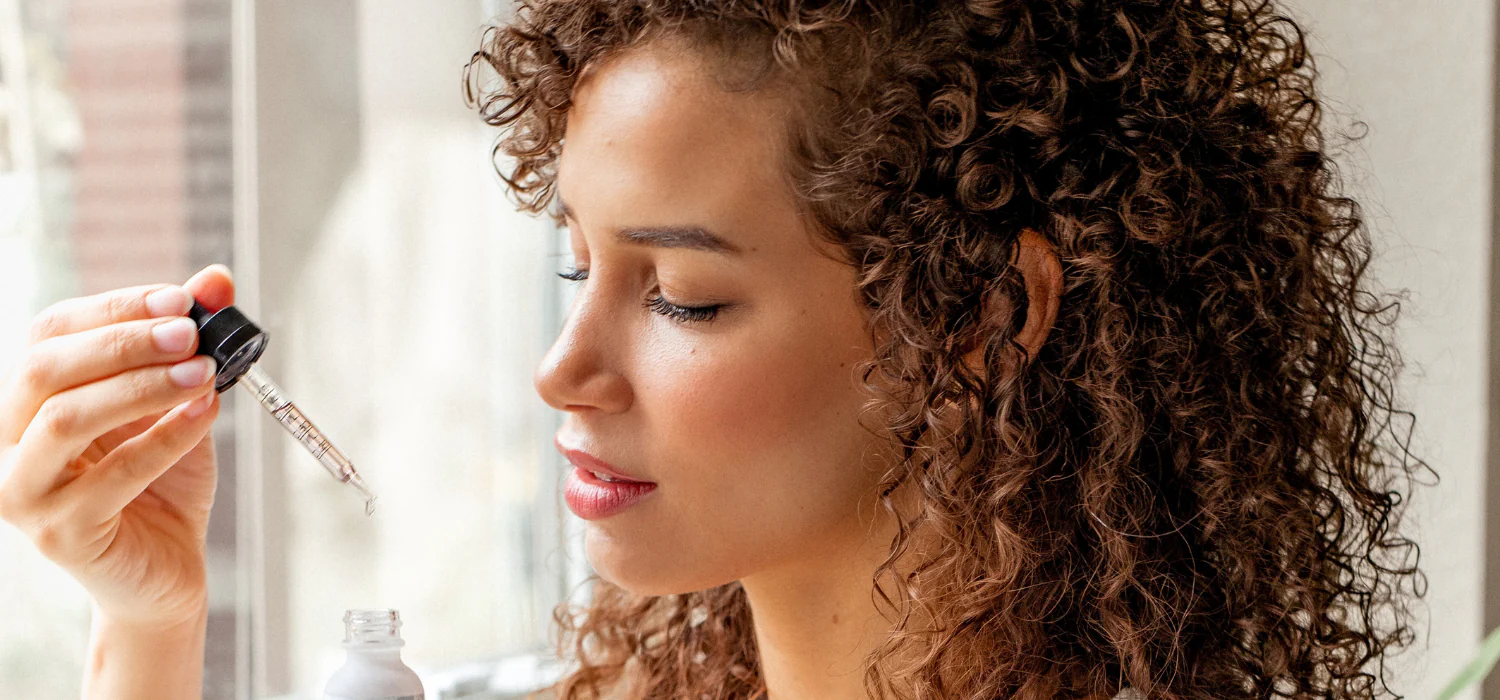Vitamin C serum has become a staple in many skincare routines due to its numerous benefits for the skin, such as brightening and evening out skin tone, reducing the appearance of fine lines and wrinkles, and protecting the skin from environmental stressors. However, some individuals may experience skin irritation or sensitivity when using vitamin C serum. In this article, we will explore the causes of skin irritation or sensitivity from vitamin C serum and how to prevent and treat them.
What Is Vitamin C Serum?
Vitamin C, also known as ascorbic acid, is a water-soluble vitamin that is essential for the growth, development, and repair of tissues in the body. Vitamin C has potent antioxidant properties that can protect the skin from free radicals, which can cause damage to the skin cells and accelerate the aging process.
Vitamin C Face serum is a concentrated form of vitamin C that is formulated to be applied topically to the skin. It is available in various forms, including L-ascorbic acid, magnesium ascorbyl phosphate, and ascorbyl palmitate. L-ascorbic acid is the most potent and effective form of vitamin C, but it is also the most unstable and can cause skin irritation in some individuals.
What Causes Skin Irritation Or Sensitivity From Vitamin C Serum?
Skin irritation or sensitivity from vitamin C serum can be caused by several factors, including:
- Concentration Of Vitamin C: The concentration of vitamin C in the serum can affect how well it is tolerated by the skin. Higher concentrations of vitamin C can be more irritating to the skin, especially for those with sensitive skin.
- pH Level: The pH level of the serum can also affect its efficacy and how well it is tolerated by the skin. Vitamin C is most effective at a pH level between 2.5 and 3.5, but this level can also be irritating to some individuals.
- Formulation: The formulation of the serum can also affect how well it is tolerated by the skin. Some formulations may contain additional ingredients that can cause skin irritation or sensitivity, such as fragrances, preservatives, or alcohol.
- Skin Type: Different skin types can react differently to vitamin C serum. Those with sensitive or dry skin may be more prone to skin irritation or sensitivity from vitamin C serum.
How To Prevent Skin Irritation Or Sensitivity From Vitamin C Serum?

To prevent skin irritation or sensitivity from vitamin C serum, consider the following tips:
- Patch Test: Before applying vitamin C serum to your face, perform a patch test on a small area of your skin to check for any allergic reactions or sensitivity. Apply a small amount of serum to the inside of your forearm and wait 24 hours to see if any redness, itching, or swelling occurs.
- Choose A Lower Concentration: If you have sensitive skin, consider using a lower concentration of vitamin C serum, such as 10% or less. Higher concentrations may be more effective, but they can also be more irritating to the skin.
- Look For A pH-Balanced Formula: Look for a vitamin C serum that has a pH level between 2.5 and 3.5, which is the optimal pH level for vitamin C to be effective without causing skin irritation.
- Check The Ingredients: Look for a vitamin C serum that is formulated without fragrances, preservatives, or alcohol, as these ingredients can cause skin irritation or sensitivity.
- Apply Moisturizer: Apply a moisturizer after applying vitamin C serum to help soothe and hydrate the skin. This can also help reduce any potential skin irritation or sensitivity.
How To Treat Skin Irritation Or Sensitivity From Vitamin C Serum?
If you experience skin irritation or sensitivity from vitamin C serum, there are several ways to treat it:
- Stop Using Vitamin C Serum: If you experience skin irritation or sensitivity from vitamin C serum, stop using it immediately. This will give your skin time to heal and recover.
- Use A Gentle Cleanser: Use a gentle skin cleanser, a non-irritating cleanser to wash your face. Avoid using any harsh or abrasive products that can further irritate the skin.
- Apply A Cold Compress: Apply a cold compress to the affected area to help reduce redness and inflammation. You can use a cold washcloth or a bag of frozen peas wrapped in a towel.
- Use Aloe Vera Gel: Apply aloe vera gel to the affected area to soothe and hydrate the skin. Aloe vera has anti-inflammatory and moisturizing properties that can help reduce redness and irritation.
- Consult A Dermatologist: If the skin irritation or sensitivity persists or becomes more severe, consult a dermatologist. They can recommend a treatment plan that is tailored to your individual needs.
Conclusion
Vitamin C serum is a popular skincare product that can provide numerous benefits for the skin. However, some individuals may experience skin irritation or sensitivity from vitamin C serum. To prevent skin irritation or sensitivity, consider patch testing the serum, using a lower concentration, choosing a pH-balanced formula, and checking the ingredients. If you experience skin irritation or sensitivity, stop using the serum, use a gentle cleanser, apply a cold compress or aloe vera gel, and consult a dermatologist if needed. With these tips, you can enjoy the benefits of vitamin C serum without any negative side effects on your skin.






